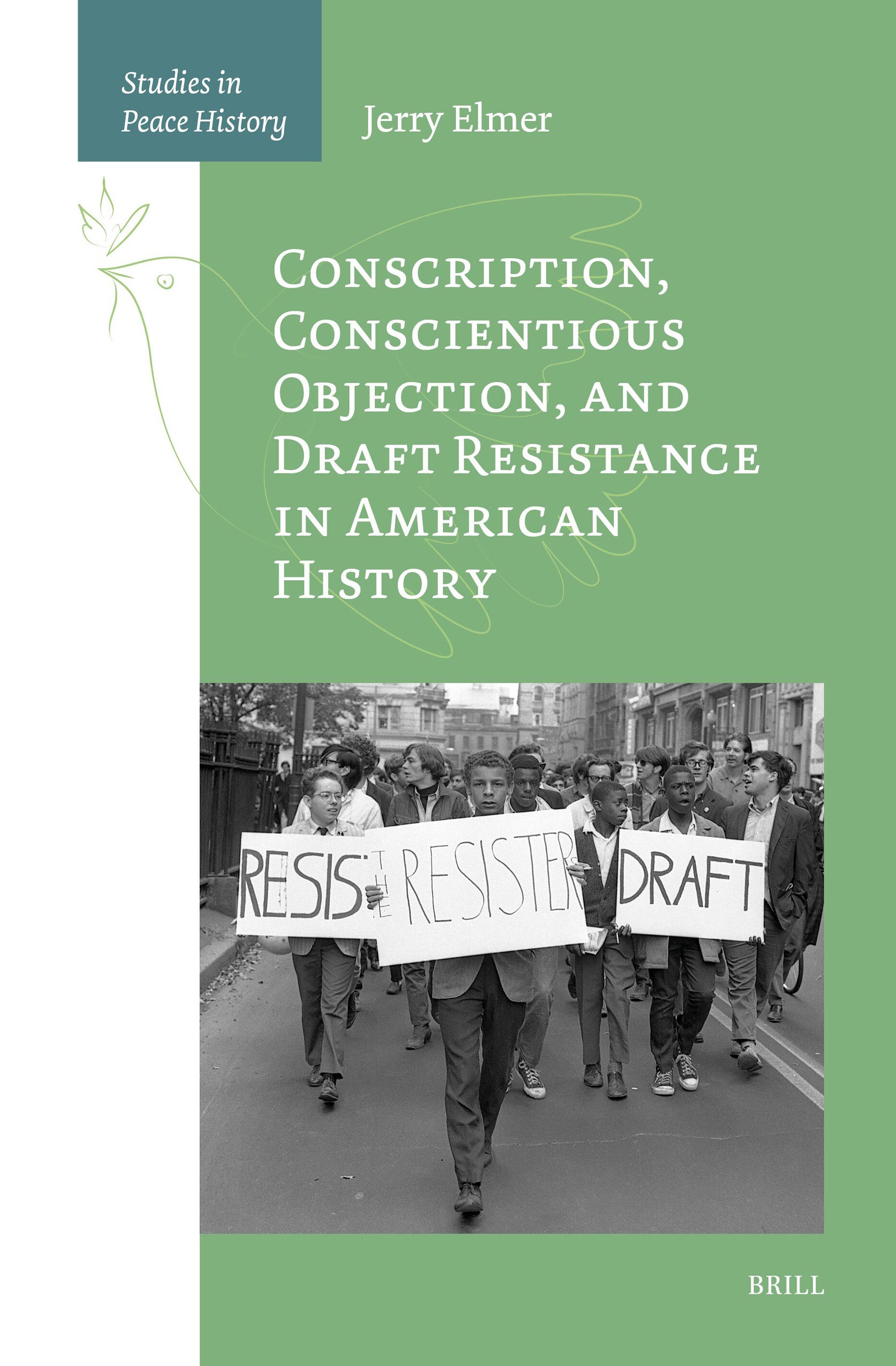
“Conscription, Conscientious Objection, and Draft Resistance in American History,” by Jerry Elmer ’90 (Brill)
Active in the Vietnam War protest movement, Jerry Elmer examines opposition to conscription in that conflict and throughout American history, starting when Congress passed the first federal conscription law during the Civil War. Incidents include anti-draft vigilantes attacking and even killing conscription officers during the Civil War; protests erupting across America when draft registration ensued for World War I; and thousands going to prison for resisting the draft, with tens of thousands recognized as conscientious objectors, during World War II. History shows that opposition to conscription in the United States has been far more widespread than is generally recognized, according to Elmer.

“Essentially a Mother: A Feminist Approach to the Law of Pregnancy and Motherhood,” by Jennifer Hendricks ’98 (University of California Press)
Jennifer Hendricks, a professor at the University of Colorado Law School, argues that many legal cases, including that of a convicted rapist being granted paternity rights to his genetic child, have given more rights to men and devalued women’s gestation of childen. In some of these decisions, courts have relied on feminist arguments of sex equality that support the idea that anyone who contributes genes to a child is a parent — a stance that she contends is wrong, as it overlooks the fact that gestation and childbirth create a relationship between the birth mother and child. She argues that genetic fathers should gain parental rights based on a “biology-plus-relationship test,” which would entail establishing a relationship with the child in cooperation with the birth mother.
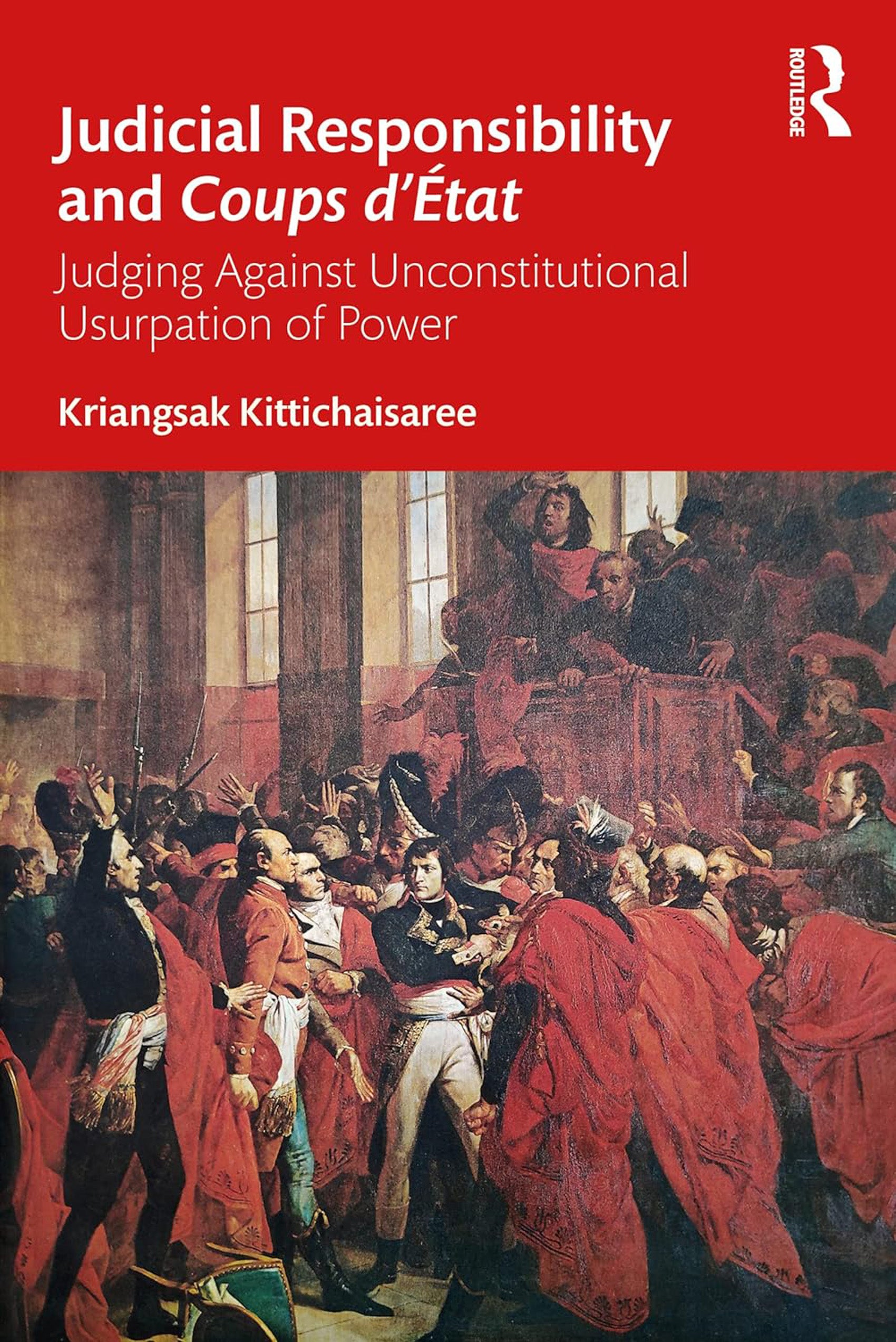
“Judicial Responsibility and Coups d’État: Judging Against Unconstitutional Usurpation of Power,” by Kriangsak Kittichaisaree LL.M. ’83 (Routledge)
Coups take place on a regular basis: 14 have occurred in countries around the world since 2017, writes Kriangsak Kittichaisaree, a judge on the International Tribunal for the Law of the Sea. In his new book, he examines the responsibilities of the judiciary in responding to an unlawfully installed regime. He contends that though judges may not always be in a position to rule that a coup is unjustifiable, they should safeguard the rule of law. In addition, they should not provide a “legal façade” for a usurper’s regime and should be held accountable for supporting repressive regimes. The author provides examples of court decisions following coups in which judges have upheld their duty to protect fundamental rights and freedoms.
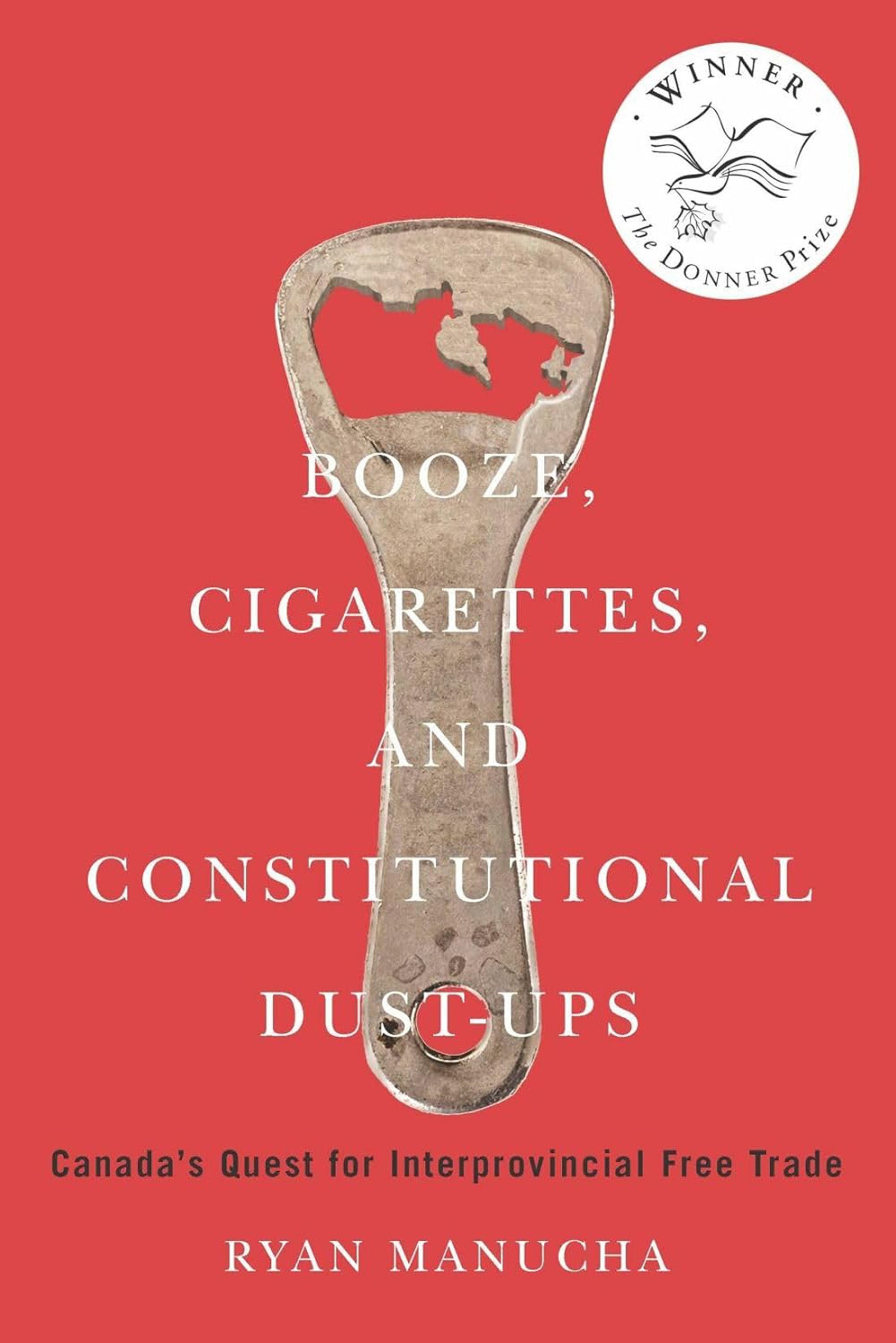
“Booze, Cigarettes, and Constitutional Dust-Ups: Canada’s Quest for Interprovincial Free Trade,” by Ryan Manucha ’19 (McGill-Queen’s University Press)
People expect that goods they bring from another country through customs will be scrutinized. But in Canada, driving goods across a province’s border within the country may lead to trouble. Ryan Manucha explores a particular Canadian phenomenon of interprovincial trade wars that can lead, for example, to a police sting operation that confiscated beer and fined those who transported it from Quebec to New Brunswick. The author examines the history of the law restricting internal trade and cases involving matters ranging from Saskatchewan hog farmers selling their animals to Manitoban meatpackers to Quebec’s attempt to ban margarine. The internal trade disputes reflect a diverse country’s “struggle to pursue an enduring singleness,” he writes.
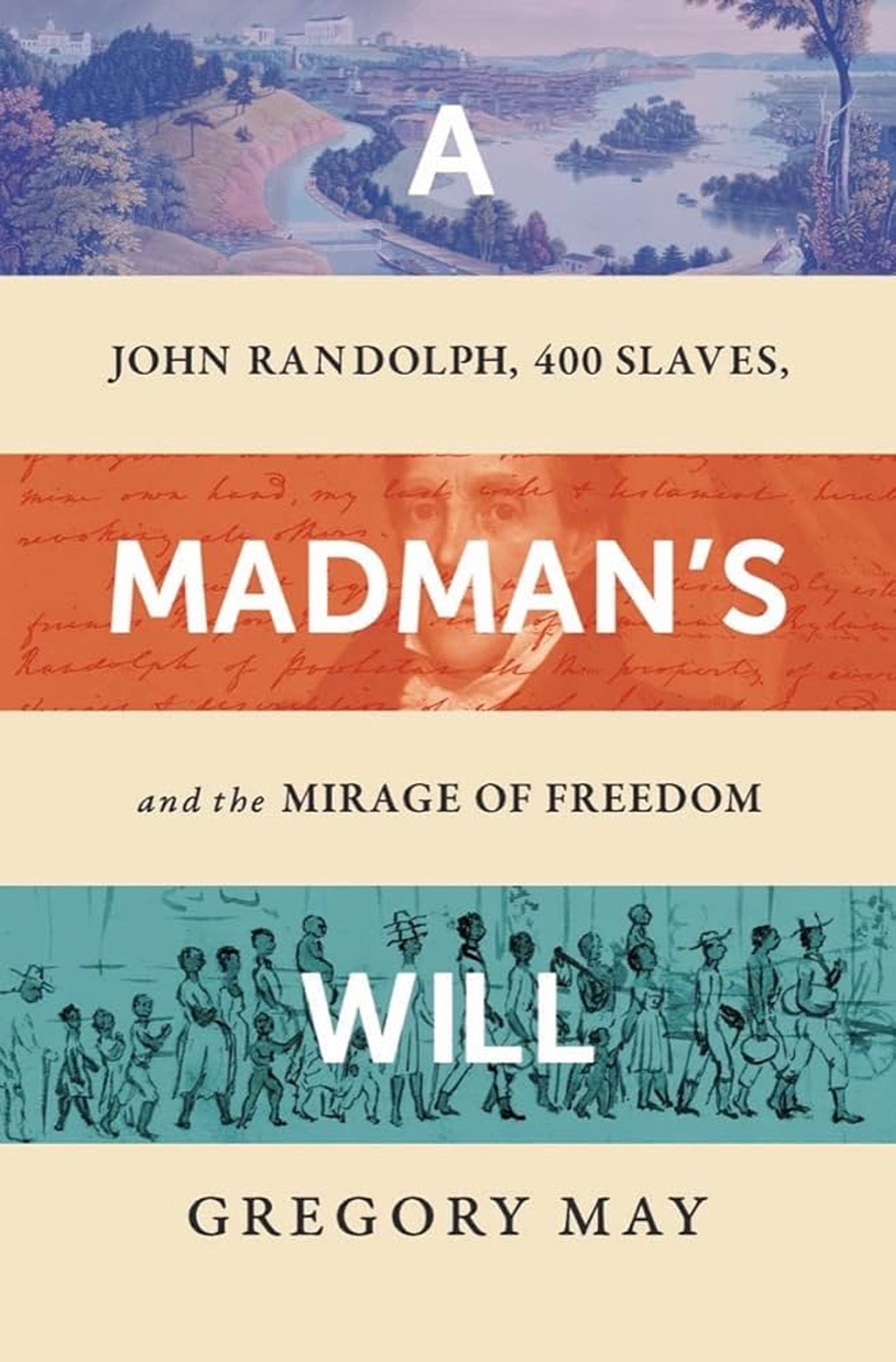
“A Madman’s Will: John Randolph, 400 Slaves, and the Mirage of Freedom,” by Gregory May ’78 (Liveright Publishing Corporation)
When he died in 1833, Virginia Congressman John Randolph left a will that freed the nearly 400 people he had enslaved. Yet emancipation was far from the outcome, as Gregory May demonstrates. His book traces Randolph’s history from a vociferous defender of slavery to an ostensible emancipator, describes the bitterly contested will (Randolph had left two of them) that became a national sensation, and focuses on the hardship the formerly enslaved people encountered once their manumission was finally achieved in 1846. People who chose to free those they had enslaved typically proved indifferent to their plight, contends May, as did most of the white population at the time, making the story “not a parable about justice,” he writes, “but an enormously powerful encounter with the enduring pain and provocative ambiguity of our past.”
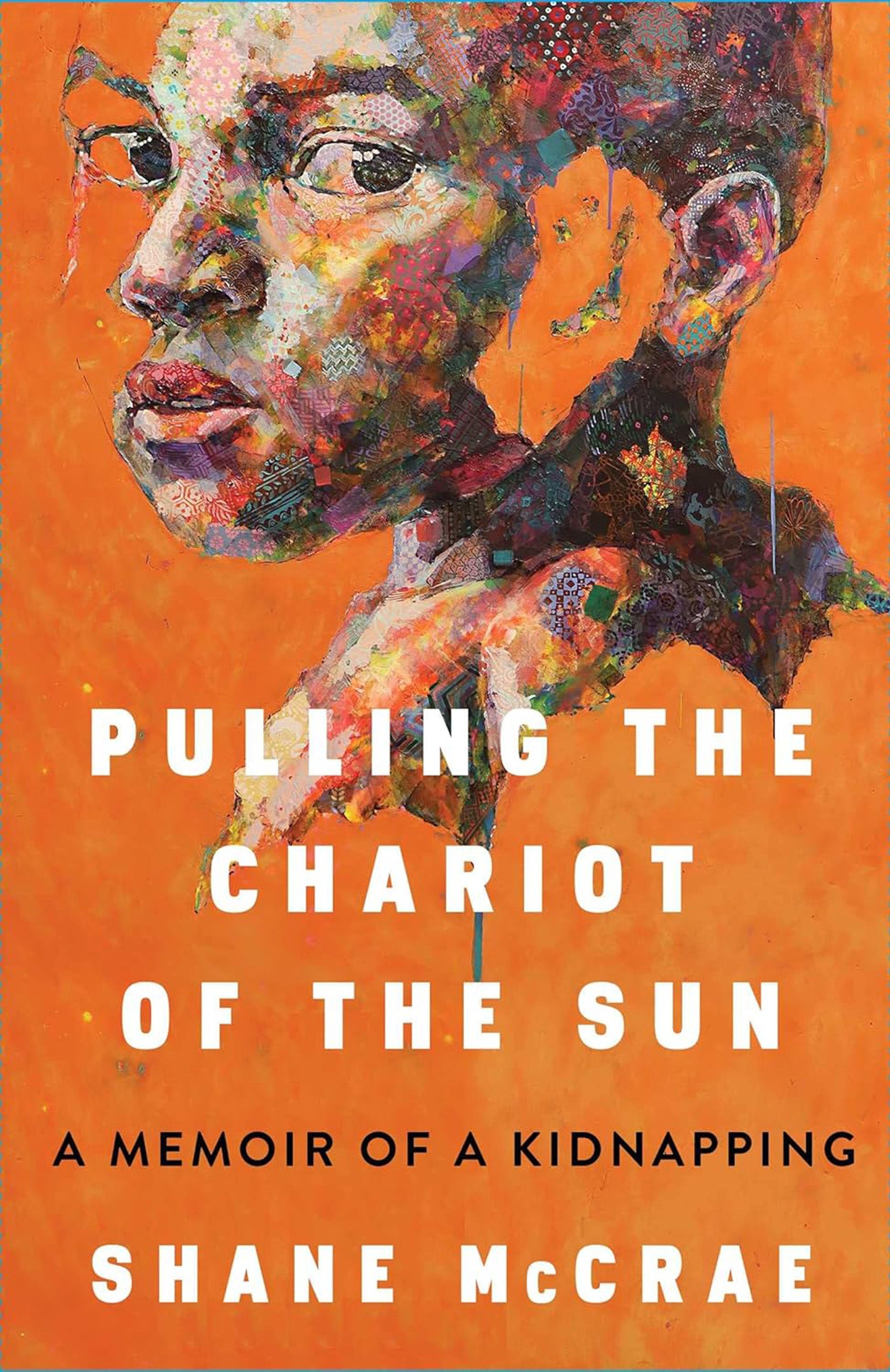
“Pulling the Chariot of the Sun: A Memoir of a Kidnapping,” by Shane McCrae ’07 (Scribner)
Shane McCrae recounts his experience of being kidnapped at age 3 and raised by his maternal grandparents, who, he writes, were motivated to take him away from something they hated: his Blackness. The child of a Black father and white mother, McCrae grew up in Texas with his grandparents, whom he describes as attempting to erase his racial identity by deceiving him about his lineage. They also were abusive toward him, he writes, and “probably valued me less than they would have valued a white child.” He discovered poetry as a teen — he is now an award-winning author of several books of poetry — and was inspired to find his father. The author probes the unreliability of memory and the path to reclaiming life in the aftermath of trauma.
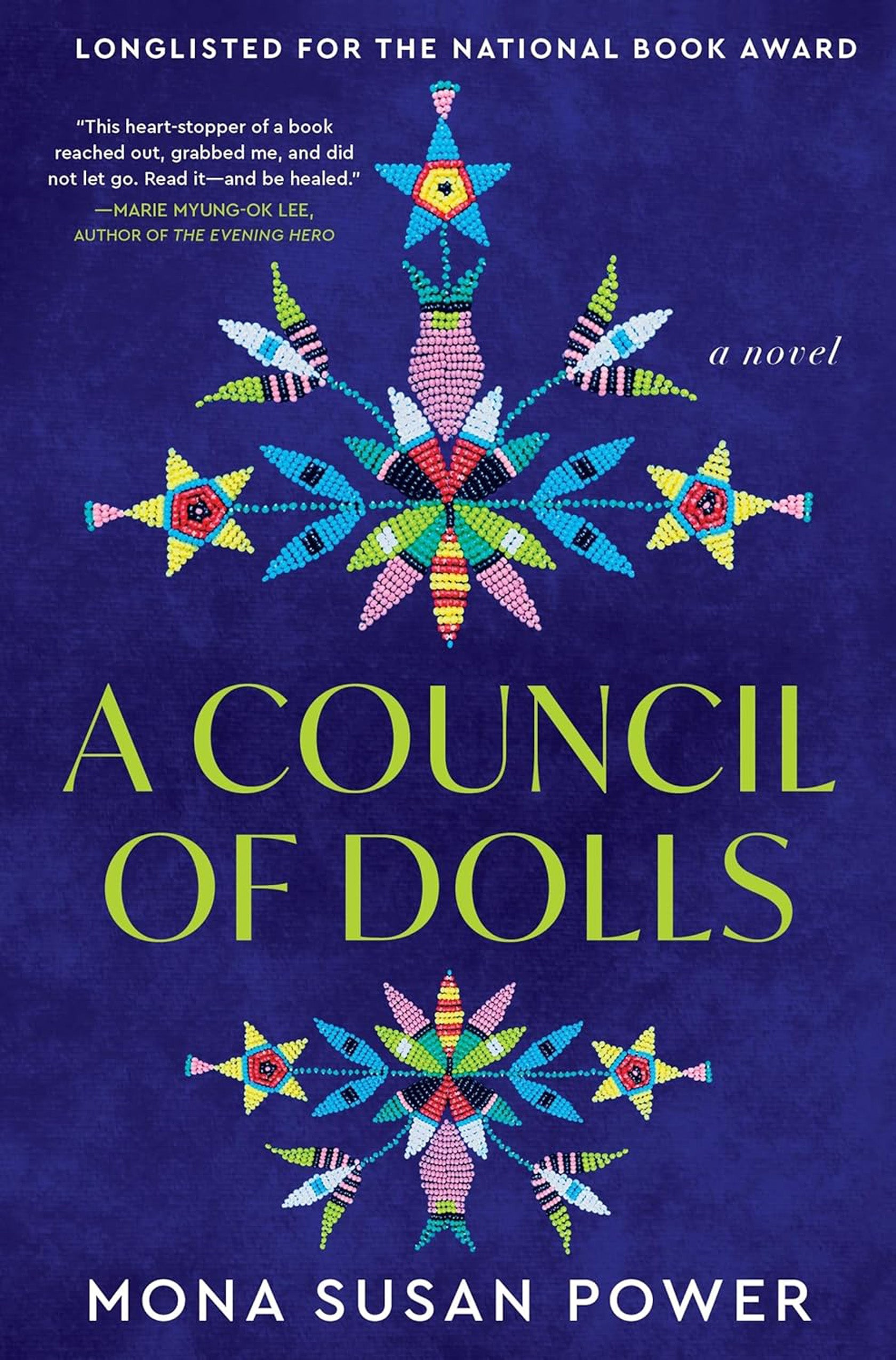
“A Council of Dolls,” by Mona Susan Power ’86 (Mariner Books)
Winner of the PEN/Hemingway Award in 1995 for her debut novel, “The Grass Dancer,” Mona Susan Power now tells the story of three generations of Dakota women and the dolls that play a significant role in their lives. She notes in a message from the author that “the world of the novel was very much informed and inspired by some of the actual dynamics and experiences of my family.” A member of the Standing Rock Sioux Tribe, Power cites as inspiration for the book the traumatic experiences of her mother and grandmother when they attended Indian boarding school, which she calls a “system of attempted cultural and spiritual genocide.” She describes the women in her new novel as wounded survivors who preserve as much of their Native American heritage as possible in a world seeking to destroy it.
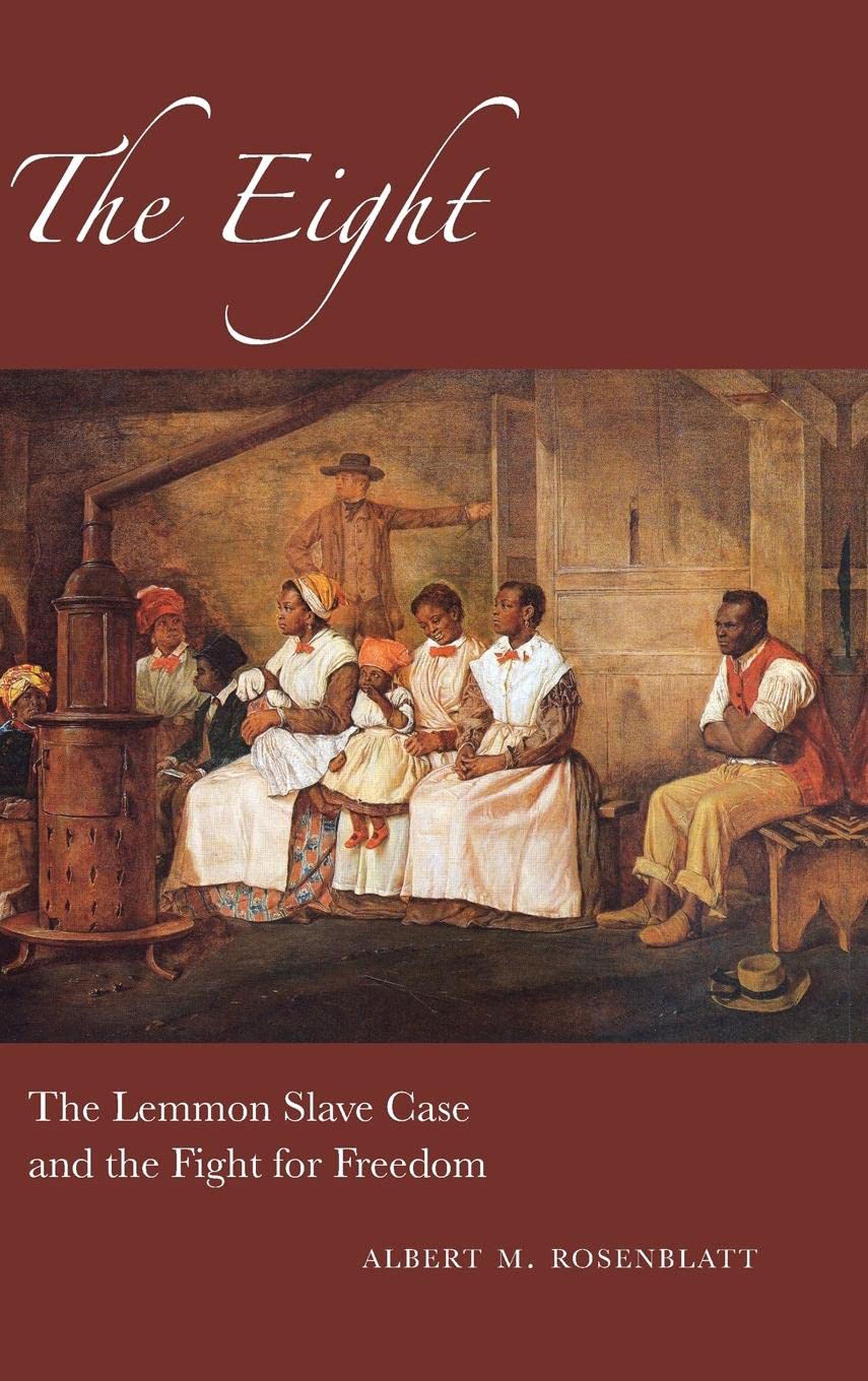
“The Eight: The Lemmon Slave Case and the Fight for Freedom,” by Albert M. Rosenblatt ’60 (State University of New York Press)
Little known today, the Lemmon Slave Case “was one of the most momentous civil-rights cases in American history,” writes Albert Rosenblatt, who recounts how eight enslaved people from Virginia successfully argued for their freedom after their enslavers, the Lemmons, traveled with them through New York on the way to Texas in 1852. New York had passed a law that granted liberty to any persons entering the state, which was tested when a group led by an abolitionist named Louis Napoleon, himself the son of an enslaved woman, secured the eight individuals’ legal representation. Judge Elijah Paine found in their favor, invoking natural law to rule that freedom, not slavery, is our natural condition. After eight years of litigation, the decision was upheld by the New York Court of Appeals, the same court where the book’s author served as a judge and first learned about the case.
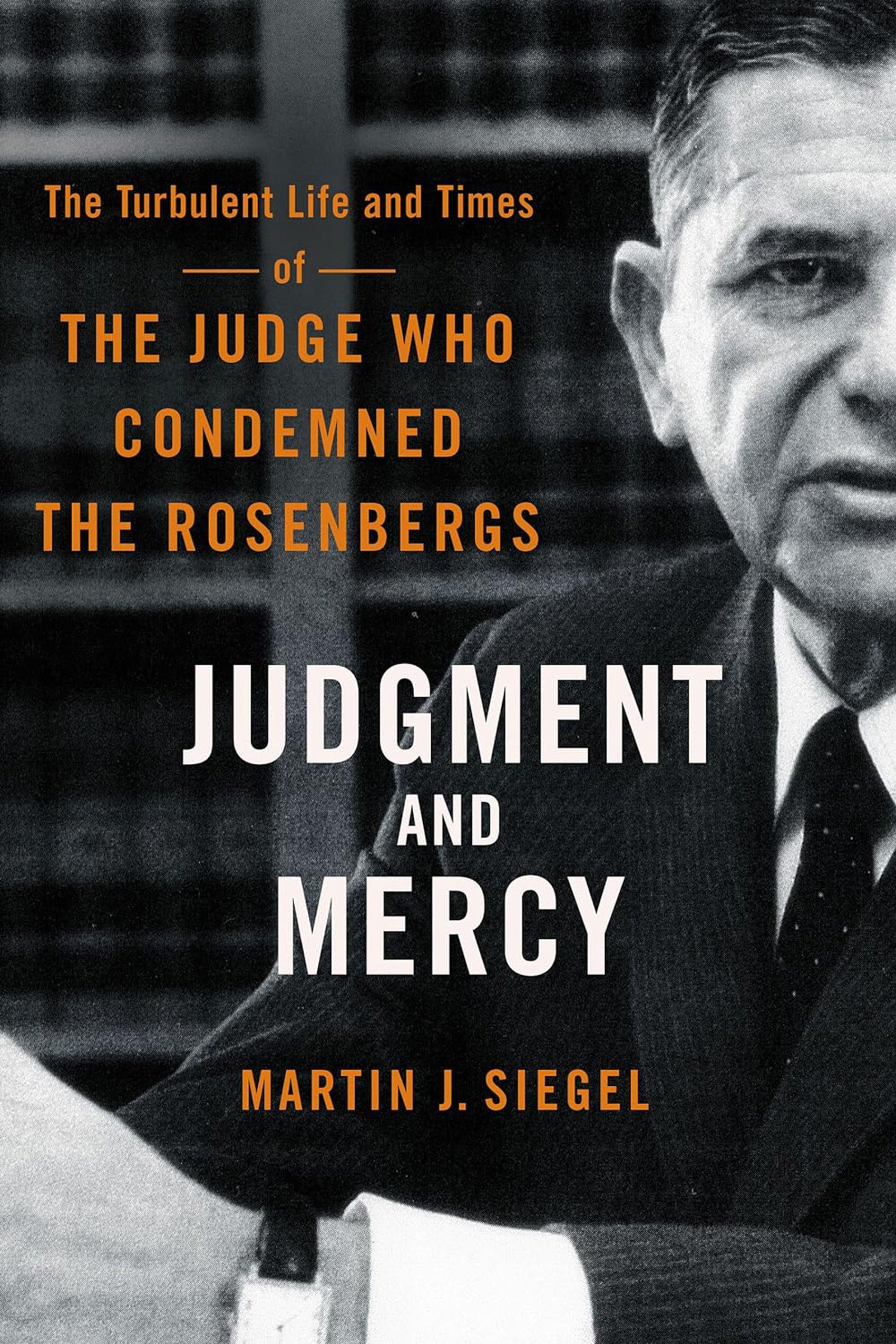
“Judgment and Mercy: The Turbulent Life and Times of the Judge Who Condemned the Rosenbergs,” by Martin J. Siegel ’91 (Three Hills)
At Judge Irving Kaufman’s funeral in 1992, attended by one of his clerks, Martin Siegel, a protester shouted that the judge should rot in hell for murdering Julius and Ethel Rosenberg. Kaufman’s decision to sentence the Rosenbergs to death for passing atomic secrets to the Russians more than 40 years earlier cemented his place in history, but Siegel presents a broader picture of the judge’s life, including his evolution into a progressive stalwart whose rulings supported desegregation, prison reform, and press freedom. Though initially supported at the time for his handling of the Rosenberg trial, Kaufman was increasingly vilified in later years, which took a toll on him and his family. His career that started with self-made success ended largely in tragedy, the author writes.

“The Court at War: FDR, His Justices, and the World They Made,” by Cliff Sloan ’84 (PublicAffairs)
For the Supreme Court justices who made up the “War Court,” writes Cliff Sloan, a professor at Georgetown University Law Center, “World War II was interwoven with every ruling.” His book examines the justices and their key cases during that period, with decisions that both advanced civil liberties and “obsequiously deferred” to President Franklin D. Roosevelt, who had appointed most of the Court’s members. Sloan covers the Court’s most infamous decision, which granted presidential authority to incarcerate Japanese Americans. He also recounts other cases related to world events, including one decision that struck down the forced sterilization of prisoners. The War Court’s accomplishments and failings provide important lessons in a time of profound change at the current Court, the author writes.
